This 2024 edition of the MACStats: Medicaid and CHIP Data Book presents the most current data available on Medicaid and the State Children’s Health Insurance Program (CHIP), two programs that provide a safety net for low-income populations who otherwise would … Read More
Author Archives: Jamar Little

Ten Myths About the Effect of Social Media Use on Well-Being
Claims about the harms of social media are everywhere. Many are taken as fact. In the face of this certainty, it is useful to remember that it was once taken for granted that serial dramas on the radio, comic books, … Read More
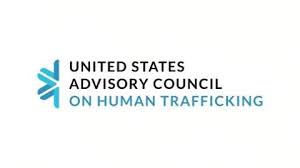
U.S. Advisory Council on Human Trafficking
At the core of preventing and healing from violence are hope, health, and well-being. When individuals do not have access to all the elements that contribute to their well-being, they are forced to make tradeoffs that increase their vulnerability to … Read More
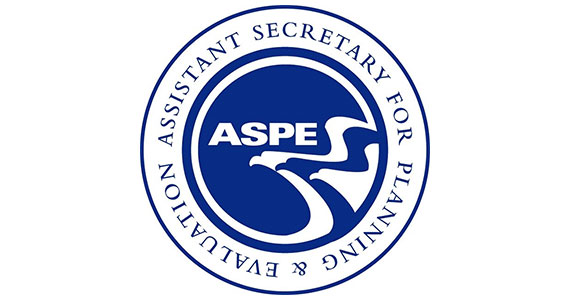
Elevating Prevention and Promotion in Early Childhood Mental Health
Early life stress and adverse childhood events can affect the mental and physical health of children. Mental health for young children includes how they understand, express, and manage their feelings and how they create and sustain healthy relationships. Various stressors … Read More
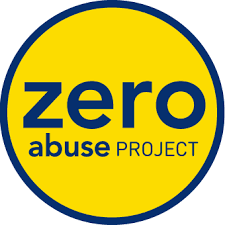
Serving LGBTQIA2S+ Children in the Criminal Justice System
Increased Risks for LGBTQIA2S+ Youth Transgender and nonbinary youth experience higher rates of childhood sexual abuse than cisgender children (15-34 percent for transgender and nonbinary youth, compared to 4.8 percent of the general population). Furthermore, compared to their cisgender counterparts, … Read More
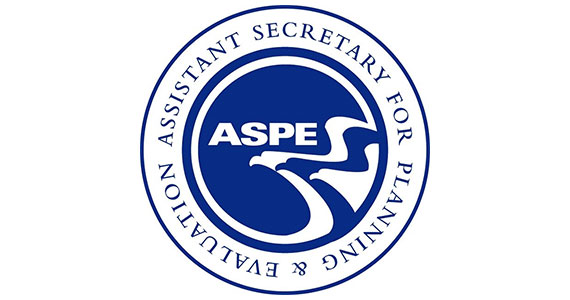
Characteristics of Pregnant and Postpartum Women With Opioid-Exposed Births and Their Children According to Type of Behavioral Health Treatment
Maternal opioid use and diagnoses of Neonatal Abstinence Syndrome (NAS) have increased significantly in the United States over the last decade. Increased maternal substance use has contributed to maternal mortality in the United States, with one recent study documenting a … Read More
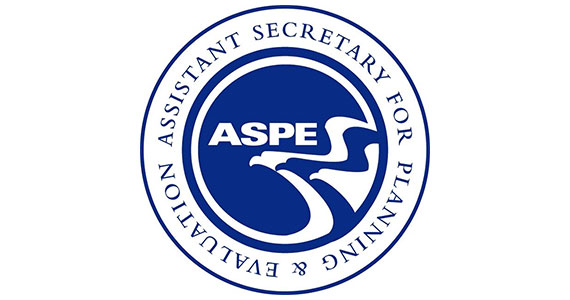
Timing of Medicaid Enrollment for Children Engaged with Child Welfare Services in Two States
A large proportion of children and families who receive child welfare services are eligible for Medicaid. Medicaid enrollment provides access to health services to low-income children and adults, which is particularly important for families at risk of engagement with child … Read More

Study Links Infant Temperament, ADHD Symptoms, and Childhood Maltreatment
An analysis of data from the Fragile Families and Child Wellbeing Study found that negative emotionality—the tendency to experience frequent and intense negative emotions—in infancy was associated with maltreatment at ages 5 and 9. Children with higher negative emotionality as … Read More
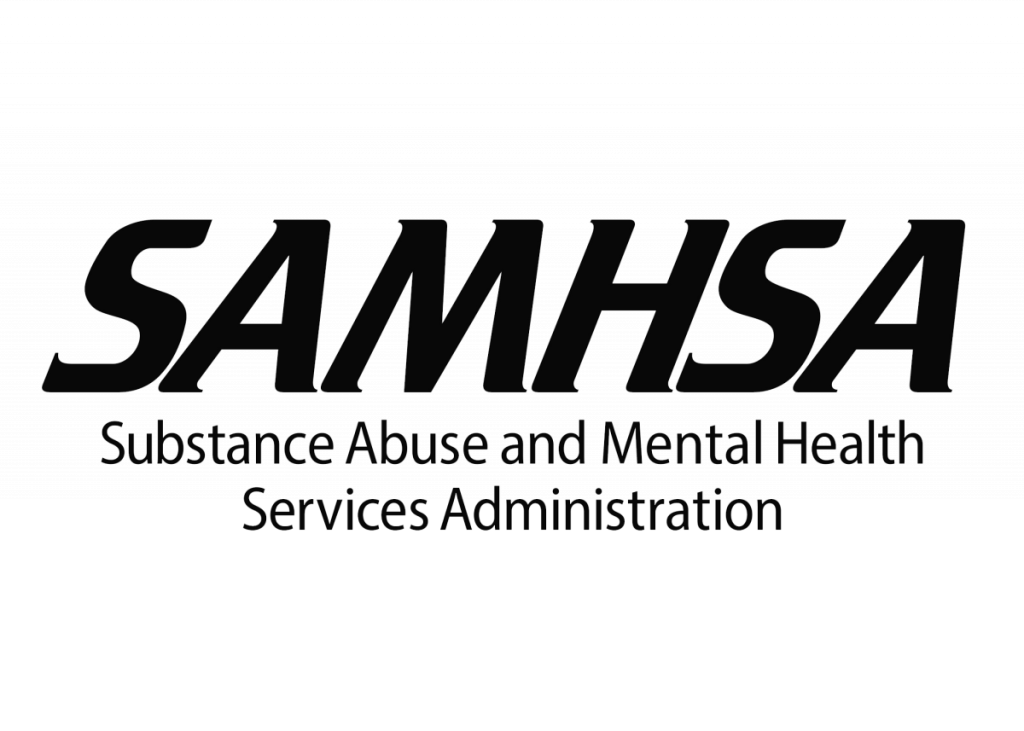
Innovative Uses of Technology to Enhance Access to Services Within the Crisis Continuum
Introduction Technology is ubiquitous, yet psychological, psychiatric, substance use, and public mental health engagement and treatments have historically been in-person and resource intensive and not hightech. The disruption of the COVID-19 pandemic catalyzed mental health providers to adopt technology to … Read More
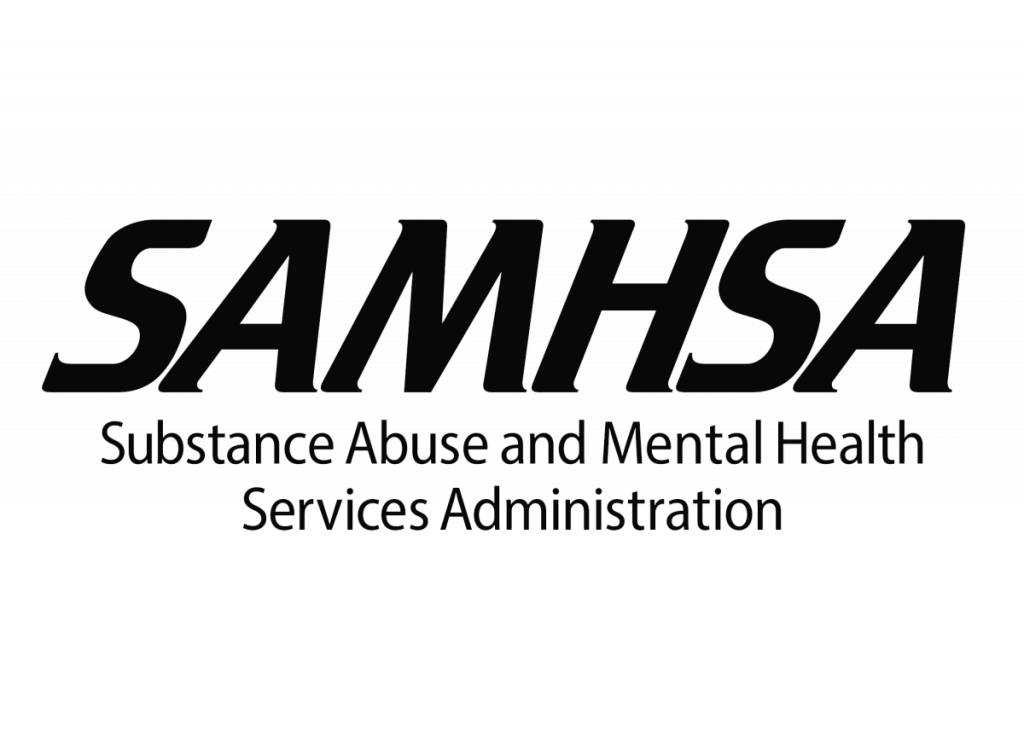
Facilitating Rapid Access to Outpatient Mental Health and Substance Use Care
Introduction: Access to Behavioral Health Services According to the Kaiser Family Foundation (KFF), in 2021, approximately 40% of adults reported symptoms of anxiety and depression, and 57% of female and 29% of male high school students reported experiencing persistent feelings … Read More

